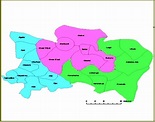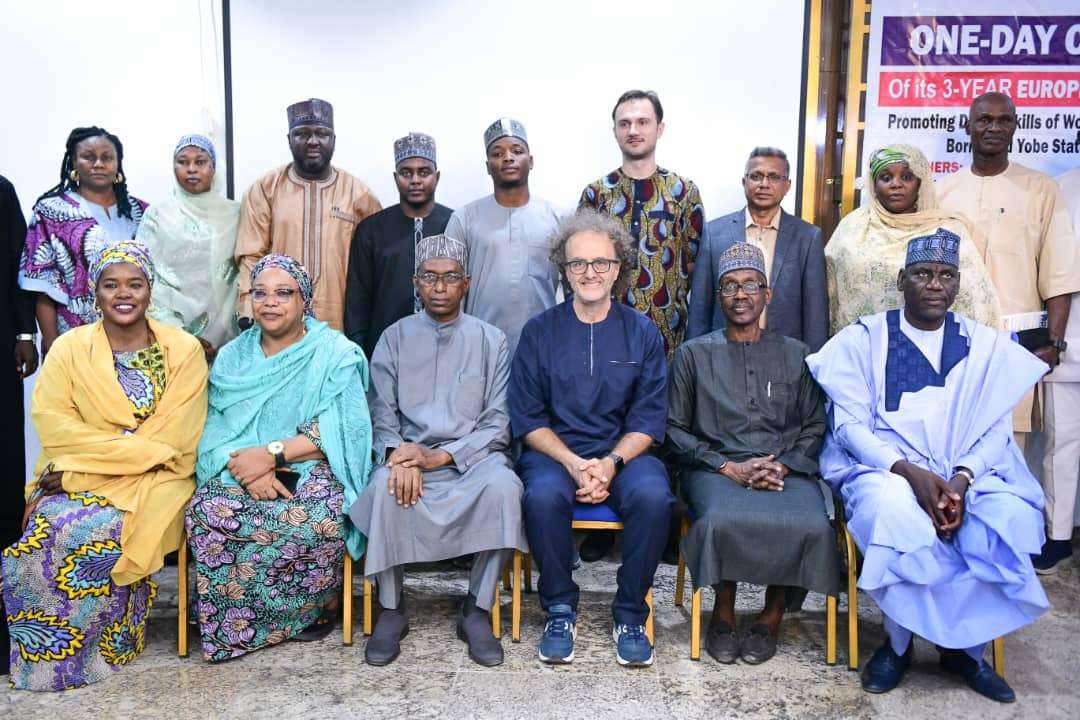By Godwin Igber
A new report by the United Nations International Children’s Emergency Fund, UNICEF has shown that 3.5 million children in Nigeria are suffering from severe acute malnutrition.
The report which focused on the European Union’s support for victims of the Yelewata crisis in Benue State and other parts of Nigeria revealed that the situation requires urgent action to assist 400,000 children that risk preventable deaths in one month and eight days.
In an interview with The Whitewaters Digest, community health experts emphasized the need for exclusive breastfeeding within the first six months of child delivery as an important intervention for the prevention of malnutrition in children.
A medical expert at the Department of Epidemiology and Community Health, Benue State University Teaching Hospital, Makurdi, Msonter Anzaa, stated that exclusive breast milk has the right proportion of nutrients to boost the immunity of the child, fight against diseases, as well as enhance mental development and the child’s growth at various stages in life.
“So breast milk is the best form of nutrient for the child. It has the right proportion of nutrients in the right amount, and it has a lot of tremendous benefits. It boosts the immunity of the child, helps the child to fight against diseases, helps the child’s mental development, helps the child’s immune system, and helps the child’s growth, because there are different requirements for growth for the child at that stage,” He said.
According to him, “children that are not exclusively breastfed are at a higher risk of becoming malnourished than those who are exclusively breastfed, because breast milk is not, in addition to providing all the child needs, it’s also relatively cheaper than the formula feeds and other infant feeding options available in the market, which are costly”.
He noted that there are issues of over nutrition that manifests in obesity and under nutrition as a result of not having adequate food or balanced diet in the right proportion required by the human body system, reiterating that the developing nations are more troubled with under nutrition.
The community health expert however, reaffirmed the causes of malnutrition in Nigeria such as poverty, ignorance, health conditions of the child and insecurity. He said the challenges or limitations center on the inability of the family to afford food, reliable employment and stable level of income to enhance better livelihoods.
“Benue State grows its own food, feeds itself and feeds the rest of the nation. But it has been affected by the crisis, the widespread terrorism happening in the rural communities and government needs to as a matter of urgency address the security challenges and return the people from internally displaced persons camps back to their communities to pick up, grow their own food, and eat their own food”. He added.
Responding on the prevention mechanisms, Anzaa further called on the government to put in place policies that would ensure the citizens live a healthy life, emphasizing the need for strengthening security to ensure that the displaced persons in Benue State return home with their children.
On her part, Chief Dietitian at the Department of Nutrition and Dietetics, Federal Medical center Makurdi, Mrs. Mavis Moji, said majority of the children at the IDP camp are faced with the challenges of under nutrition.
She also called on the government and non-governmental organizations in the health sector to take drastic measures and curtail the issues of insecurity while keeping to interventions in the areas of school feeding programme for children in schools.
“Malnutrition is a situation where a child is not receiving the right kind of nutrients in the right proportions in their diet. It can be under nutrition or over nutrition”. She said.
According to her, “the children from six months above can be given complementary feeds, like cereals, it could be parched. These cereals could come in powdered form and mixed with the granules.
“Children also eat things like yam when they are prepared in the right way in the form of mashed yam, mashed beans, mashed potatoes, all these things with lots of crayfish and palm oil, which is high in vitamin A. So, the government should make sure that these foods are available at the IDP camps and should not be diverted.”
She added that children should be provided with high nutrient foods, infant formula, and immunization of the children, clean water and safe environment to prevent the children from suffering severe acute malnutrition, while providing durable solution to the problems of the displaced children in the state.








